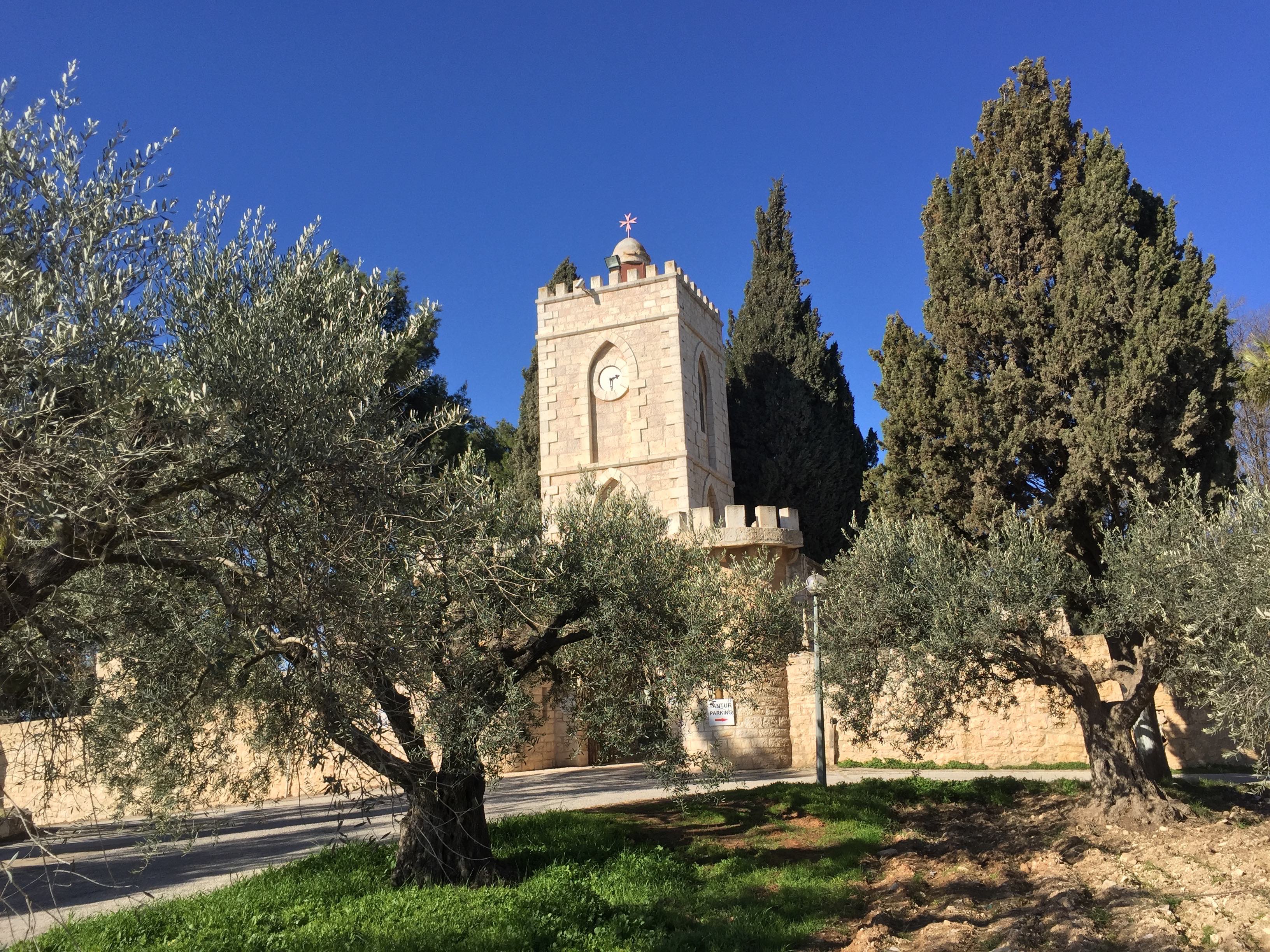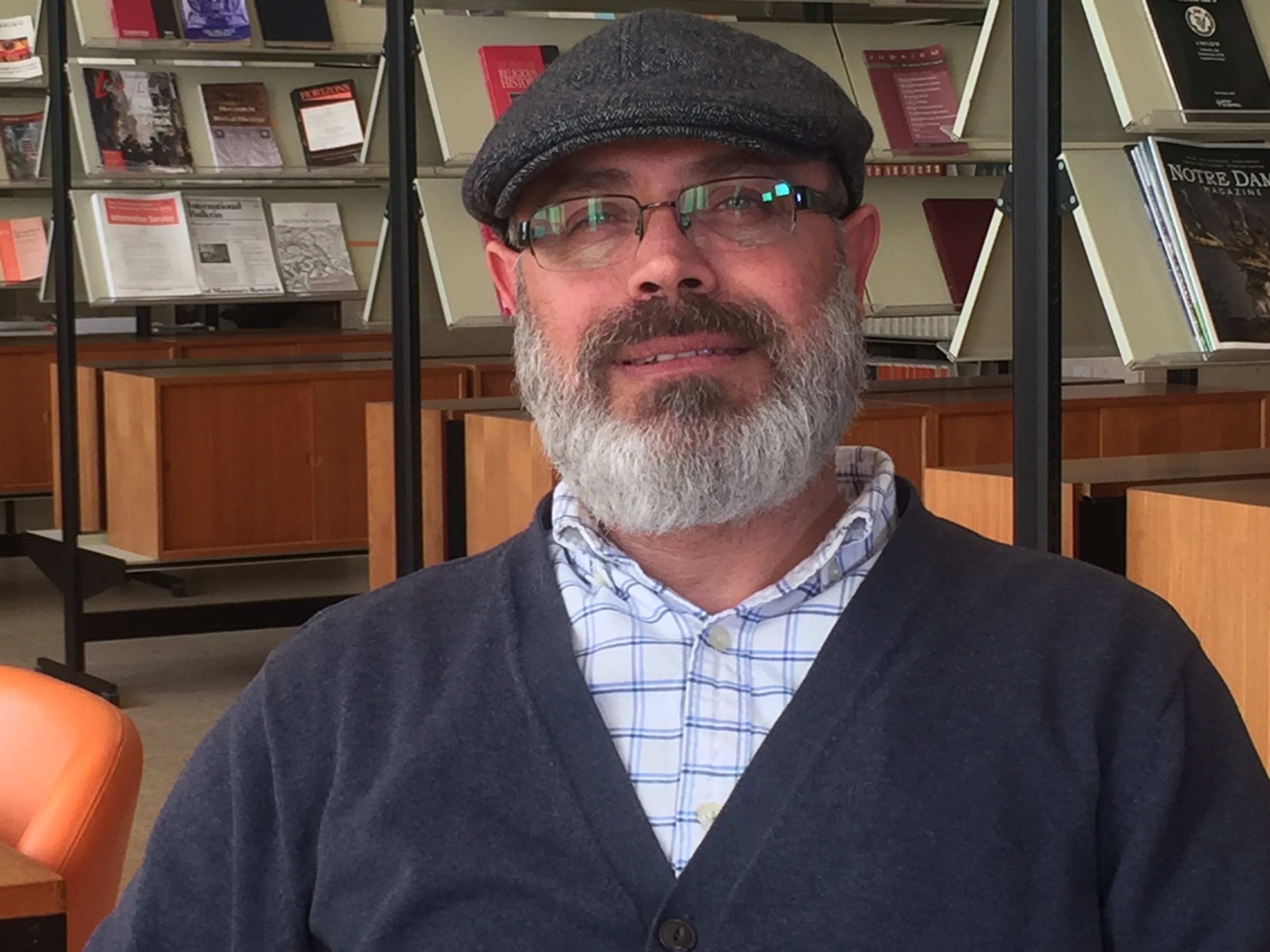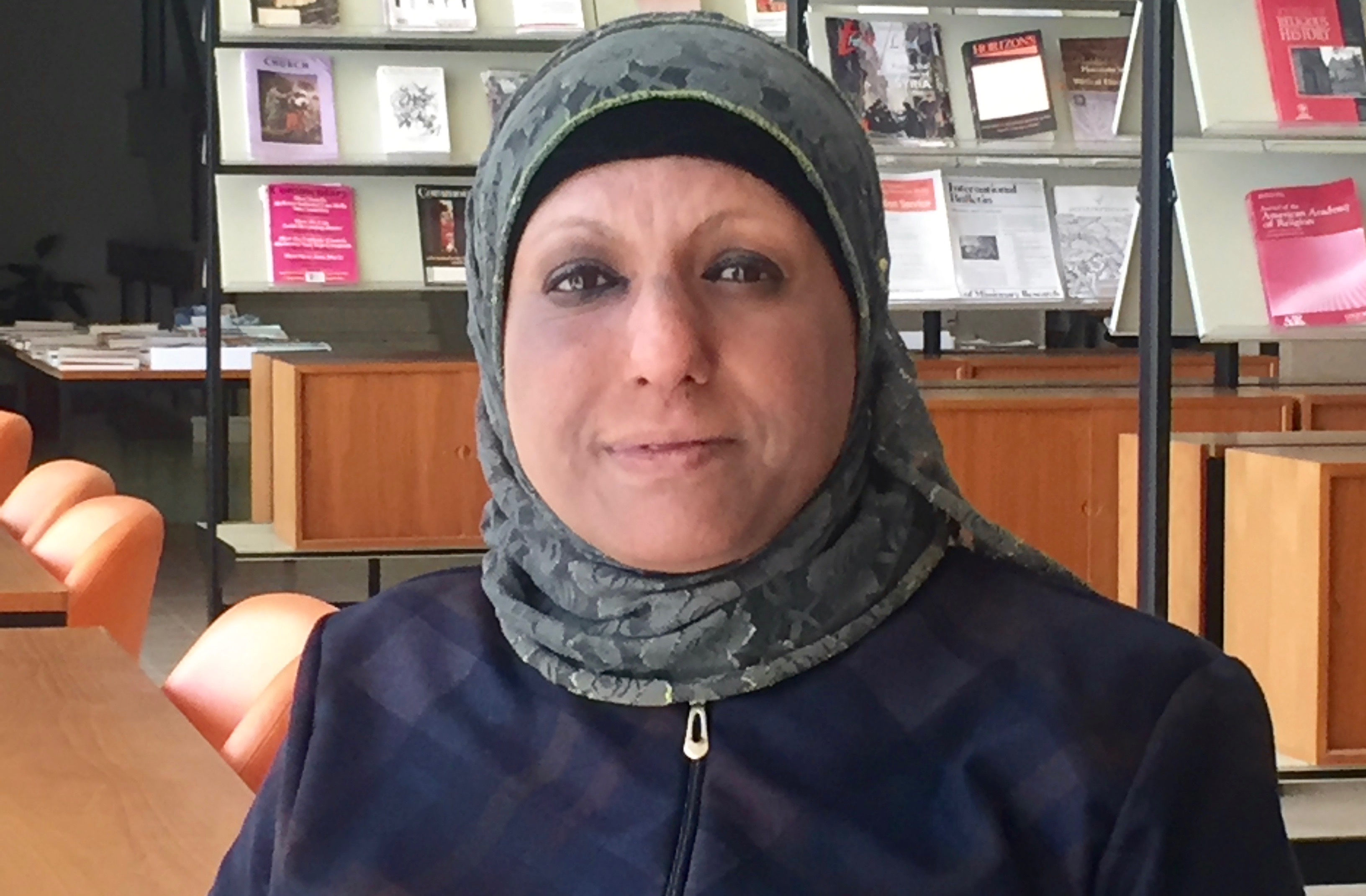My producing partner, Stephen Fiske and I traveled to Israel/Palestine in February with camera in-hand and found ourselves in the midst of an Interfaith conflict resolution conference, drawing peacemakers from the entire region and around the world, to the Tantur Ecumenical Institute located on the historic Hebron road, between Jerusalem and Bethlehem.
The primary focus of the conference was “constructive conflict” on how to draw something positive and transformative out of divisive, volatile situations. The Interfaith Conference was sponsored by 12 peacemaking organizations, including ‘Abrahamic Reunion’ a multi-faith organization of Muslim, Jewish and Christian faiths, the Alliance for Middle East Peace, an umbrella group of over 100 others and the Tantur Ecumenical Institute.

Tantur is a special place situated at the crossroads between Jerusalem, Bethlehem and the Israeli settlement Gilo. This is literally ground zero for the Palestinian/Israeli conflict. It’s beauty is captivating and the underlying tension, exhilarating.
Tantur, which is funded by the Vatican and managed by the University of Notre Dame, is one of the few places where Muslims, Jews and Christians can feel safe and comfortable in meeting together. The conference was attended by a 150 interfaith peace leaders and provide the Jerusalem Prayer Project with an essential physical and spiritual foothold in the Holy Land.
Our purpose in going to the Holy Land was multi-faceted – with our primary goal to produce content for our full-length documentary, “Warriors of the Heart.” We traveled to many locations from the Old City, to Hebron and areas of Arab East Jerusalem filming B-roll, insightful interviews, and getting to the heart of the people who are engaged, on the ground, in creating new paths toward peace. These inspiring individuals are true warriors of the heart, who put their lives on the line in a very tense and trying situation, to build bridges of understanding across racial, social and religious differences, and to create a new outlook on reconciliation that will bring progress and traction in a renewed push for peace.
Two of the many inspiring and articulate advocates we encountered during our time Tantur was Sheikh Ghassan Manasra, a Sufi and Executive Director of Abrahamic Reunion International and one of his colleauges, Sanaa Albaz, an Israeli Bedouin recognized by the State of Israel for her work with disadvantaged youth in Muslim communities. Their power and moving perspectives will challenge people to think differently about the conflict between Jews, Arabs and Christians in Jerusalem.
Sheikh Ghassan Manasra (AR International Executive Director) is one of the Abrahamic Reunion’s Co-Coordinators (With Eliyahu McLean) in the Holy Land. He is an ordained Sheikh in the Qadiri Sufi Order in the Holy Land, and son of Sheikh Abdel Salaam Manasra – head of the Qadiri Sufi Order in the Holy Land. He is the founder of Anwar-Il-Salaam, the Lights of Peace Center in Nazareth, and is Director, Islamic Cultural Center in Nazareth. Ghassan is an expert and lectures in Islam, Islamic history, Sufism, and contemporary Muslim issues in the Middle East, Europe, and the USA.

Sanaa Albaz is a leader among Bedouin Muslim women in Israel. Sanaa has won numerous awards for her work in early childhood education among Bedouin youth. The educational center she founded in her town of Tel Sheva has served as a model for dis-advantaged youth throughout the Bedouin sector in Israel. She was awarded the highest honor by the State of Israel for her work, the first Bedouin woman invited to light the national torch at the annual Independence Day celebration at Mount Herzl, Jerusalem.




